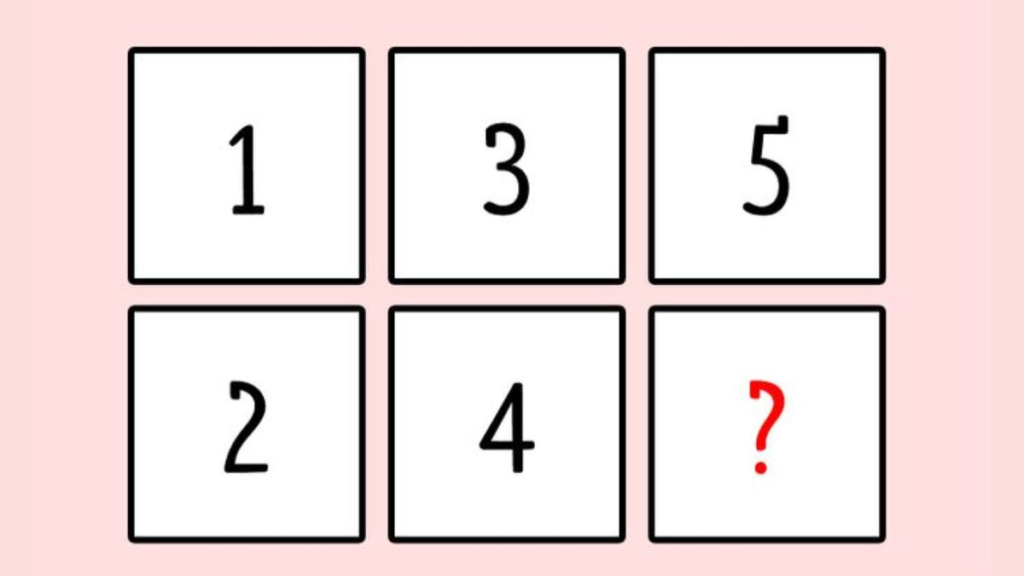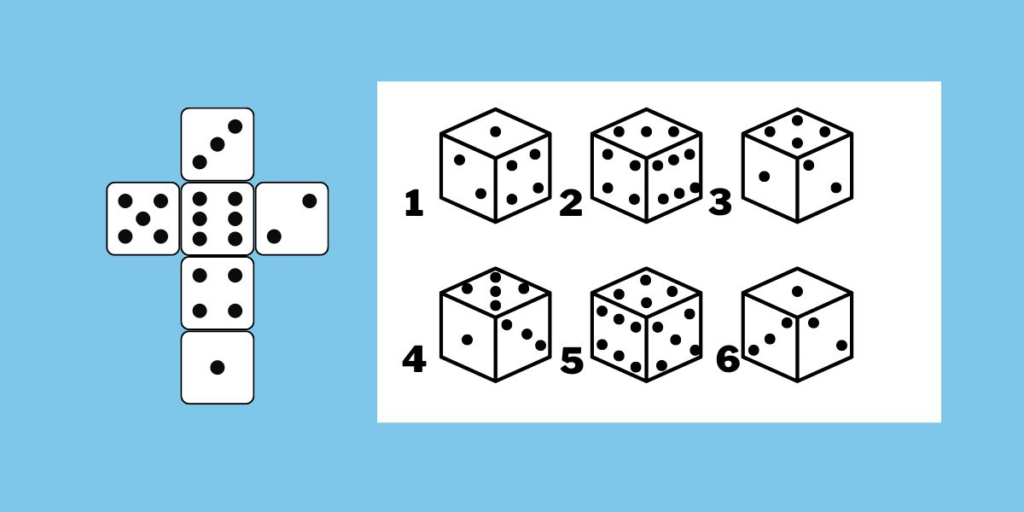In a world where cognitive abilities play a significant role, It have emerged as a popular tool for assessing and measuring intelligence. These tests have garnered both interest and controversy, with questions surrounding their accuracy, relevance, and implications. In this comprehensive guide, we’ll delve into the realm of IQ tests, exploring their origins, types, significance, and limitations.

Understanding IQ Tests
IQ, short for Intelligence Quotient, is a numerical representation of a person’s cognitive abilities. IQ tests are designed to evaluate various intellectual skills, including problem-solving, logical reasoning, pattern recognition, and analytical thinking. They provide a standardized way to compare individuals’ cognitive capacities.
The Evolution of IQ Tests
The concept of IQ dates back to the early 20th century when psychologist Alfred Binet developed the first intelligence test to identify students needing extra assistance in schools. Over time, Its evolved and became more complex, incorporating a wide range of cognitive domains.

Types of IQ Tests
IQ tests come in various forms, each focusing on different aspects of intelligence. Some common types include:
1. Stanford-Binet Test
Developed as an American adaptation of Binet’s original test, the Stanford-Binet Test assesses cognitive abilities across various age groups. It has been revised multiple times to ensure accuracy and relevancy.
2. Wechsler Scales
The Wechsler Intelligence Scale is a series of tests designed to measure intelligence in both children and adults. It comprises different versions for various age groups and focuses on verbal and non-verbal skills.
3. Raven’s Progressive Matrices
This non-verbal test uses abstract visual patterns to measure a person’s ability to identify underlying relationships and patterns. It’s often used to assess intelligence across cultures and languages.
Significance of IQ Tests
It play a crucial role in various fields:
1. Education
Educational institutions use it to identify students who might require specialized learning approaches or advanced placement. These tests offer insights into students’ cognitive strengths and weaknesses.
2. Employment
Some employers use It as part of their hiring process, believing that cognitive abilities are indicative of job performance. However, this practice is debated due to potential biases and the multifaceted nature of job success.
3. Research and Psychology
Its are valuable tools for researchers studying cognitive development, learning disabilities, and the impact of genetics and environment on intelligence.
Limitations and Criticisms of IQ tests
Despite their widespread use, It have faced criticism:
1. Cultural Bias effect IQ tests
Many traditional it are criticized for cultural bias, as they may favor individuals from certain socio-economic and educational backgrounds.
2. Narrow Assessment
IQ tests primarily measure certain cognitive skills, often neglecting other forms of intelligence such as creativity, emotional intelligence, and practical skills.
3. Environmental Factors
External factors like socio-economic status and access to quality education can influence IQ test performance, making it difficult to separate inherent intelligence from environmental influences.
Preparing for an IQ Test
If you’re considering taking an IQ test, here are some tips:
1. Practice Puzzles
Engage in puzzles and games that challenge your analytical thinking and problem-solving abilities.
2. Focus on Well-being
A healthy lifestyle, including proper sleep, balanced nutrition, and regular exercise, can positively impact cognitive functioning.
3. Manage Stress
Excessive stress can hinder cognitive performance. Practice stress-reduction techniques like meditation and mindfulness.

